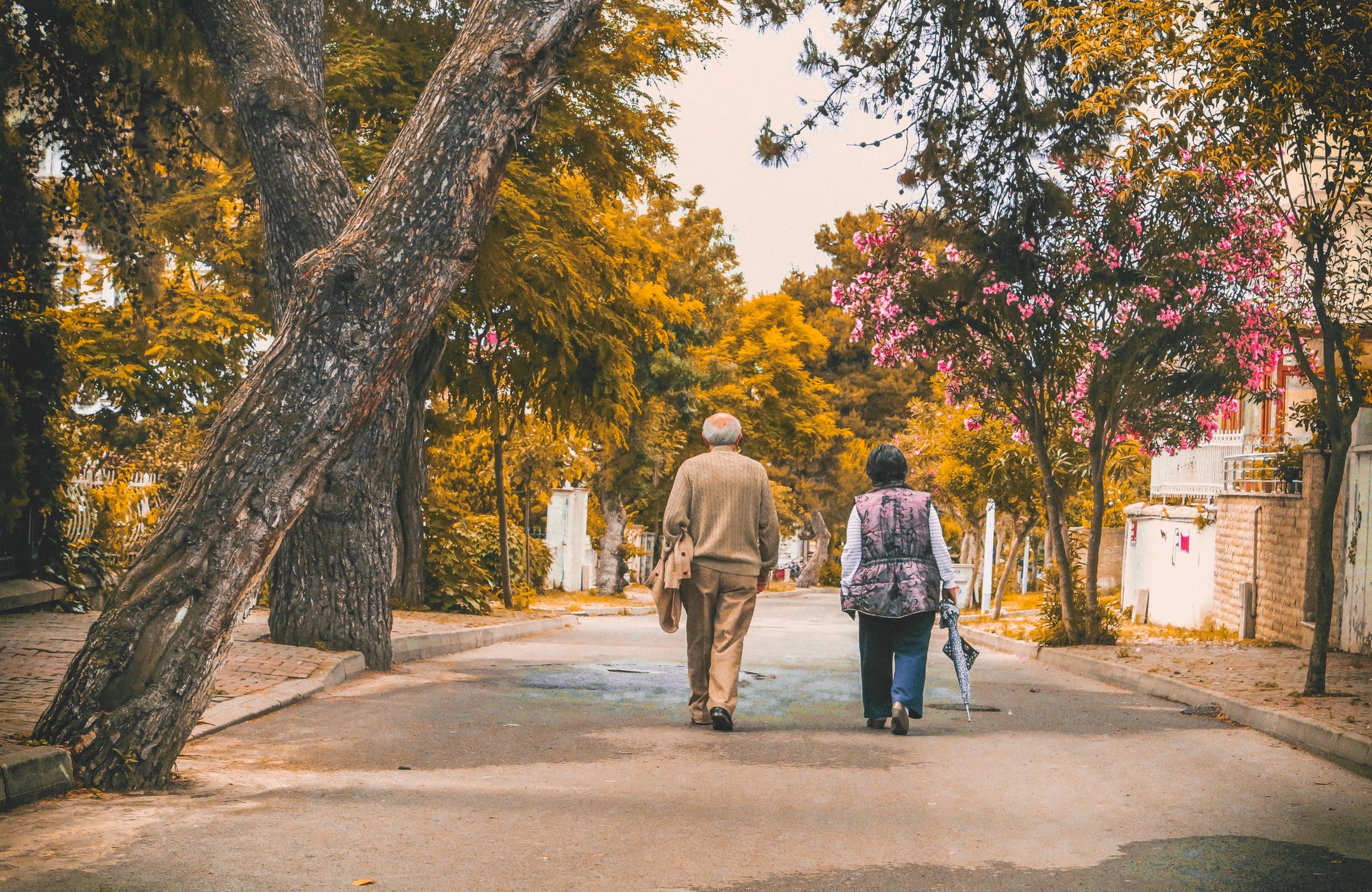
Approximately 40 percent of people will receive a cancer diagnosis at some point in their lifetime. Early detection and better treatments have increased survivorship, but this has created a completely new challenge for physicians.
They now need to prevent and manage the long-term health effects of cancer therapy, and it turns out the best way to prevent cancer is also the best way to thwart the detrimental health effects of cancer treatments. The answer is: exercise.
Radiation therapy dramatically increases the risk of cancer patients developing secondary malignancies, but new research led by Dr. Michael De Lisio, associate professor of Human Kinetics and Molecular Medicine at the University of Ottawa, suggests a link between exercise and the prevention of such malignancies.
To find out if certain patient characteristics could influence the effects of radiation on the body, Dr. De Lisio and his team evaluated the impact of exercise training and obesity on blood system recovery following radiation exposure.
They studied two groups of mice that were exposed to doses of radiation that were not lethal, but adequate to damage the blood system. One lived an active lifestyle, while the other remained sedentary. Researchers then collected bone marrow samples to evaluate immune system markers associated with immune system regeneration.
“Excitingly, we found that exercise training resulted in a higher content of blood-forming stem cells and remodeled the environment within the bone marrow in a manner that supports immune system regeneration, which helps prevent the development of secondary malignancies” noted Dr. De Lisio. “On the other hand, obesity had the opposite effect, reducing the number of blood-forming stem cells and inducing changes within the bone marrow that inhibit blood/immune regeneration.”

The study’s findings provide important and promising early evidence to support the development in exercise interventions for long-term cancer survivors. They also identify individuals with obesity as a population with increased risk of long-term complications.
Furthermore, Dr. De Lisio’s research identified five proteins that may explain the different responses in immune system regeneration between the obese and active mice. These proteins could provide targets or biomarkers for future therapies.
To read the full study, published in MMSE, click here.
